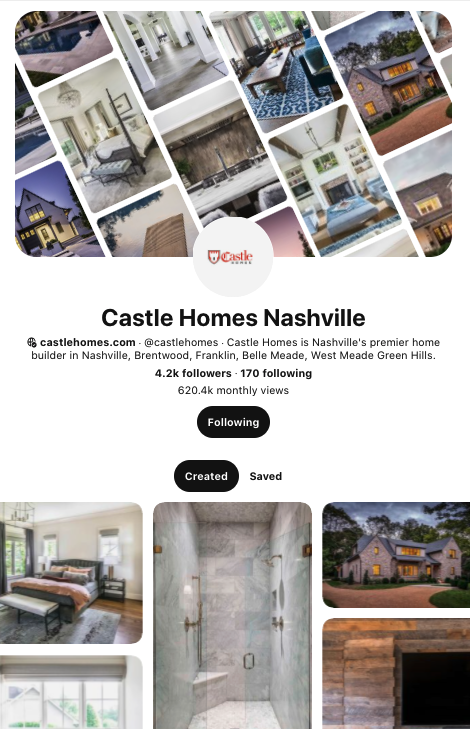Internet Reality Check
Avoid the most common mistakes when searching for ideas on the web
 We all love the internet. It’s a bottomless source of ideas and inspiration for any project, and most people wouldn’t think of starting a new custom home before spending some serious time online. The internet is also a valuable resource for builders: it’s where we start our research into new products, technologies and construction methods.
We all love the internet. It’s a bottomless source of ideas and inspiration for any project, and most people wouldn’t think of starting a new custom home before spending some serious time online. The internet is also a valuable resource for builders: it’s where we start our research into new products, technologies and construction methods.
Despite the wealth of knowledge it offers, the internet provides its best value when you keep its limitations in mind and work with your builder to thoroughly vet that knowledge. A little skepticism will go a long way toward making your search results truly helpful.
The most common problem we see with online information is that it lacks needed context.
Take design, for instance. Pinterest is the go-to for design ideas, and there really are some great ideas there. The challenge is that most photos of architectural details only show the end result. They don’t tell you how much effort those details took to create, what unseen elements (structural blocking, for instance) were needed to support them, or what specific products and materials were used.
What about manufactured products? That new mechanical or electronic system may have a great sales page, but the skilled labor needed to install and service it may not be available in your area. Even with something simple, like a high-end soaking tub, the builder has to make sure it’s carried by the local distributor. Maybe it is readily available but only as a special order that takes too much time to get and has an unacceptably high price.
Home performance is another topic that can trip people up. That super high R-value insulation that appeared in a paid link at the top of your search results offers impressive performance, but it might be overkill for the local climate, making the extra cost unnecessary.
Or take the person who worries about condensation and, after reading about it on the web, wants to talk with the builder about wall vapor barriers. It’s a valid concern, but not all structures need a vapor barrier, and its proper place in the wall depends on the climate and the type of construction. Heat and moisture movement are complex subjects, given today’s building products and methods. That’s why cutting-edge builders seek building science education to ensure that they are handled correctly.

Some clients come to the table armed with advice they have found about how to hire a builder and how to get the best price. Much of the online advice about these topics is overly generic, as well as contrary to what experience tells us makes for a truly satisfied client.
The problem isn’t the information—it’s the expectations that are sometimes created by that information. Assumptions based solely on Google results can sow unnecessary seeds of disappointment, and that disappointment can have a negative impact on the homeowner’s relationship with the builder.
When planning a new home, it’s best to approach online research in the same spirit as when looking up symptoms before visiting the doctor. Information you find can help you have an intelligent conversation and make a good decision about treatment options. And… the doctor will have insight and knowledge that you don’t.
Just as your doctor is the expert on medicine, your professional builder is the expert on the art and science of designing, building and finishing a high-quality custom home on budget and on schedule. The best use for the information you find online is as a starting point for collaborating with your builder.
Q: What professional organizations does your contractor belong to?
A: Membership in national and/or state and local industry professional organizations is a good sign. These organizations attract contractors interested in improving the industry as a whole, as well as weeding out unprofessional operators. When becoming a member, the contractor’s background and references are thoroughly investigated.
